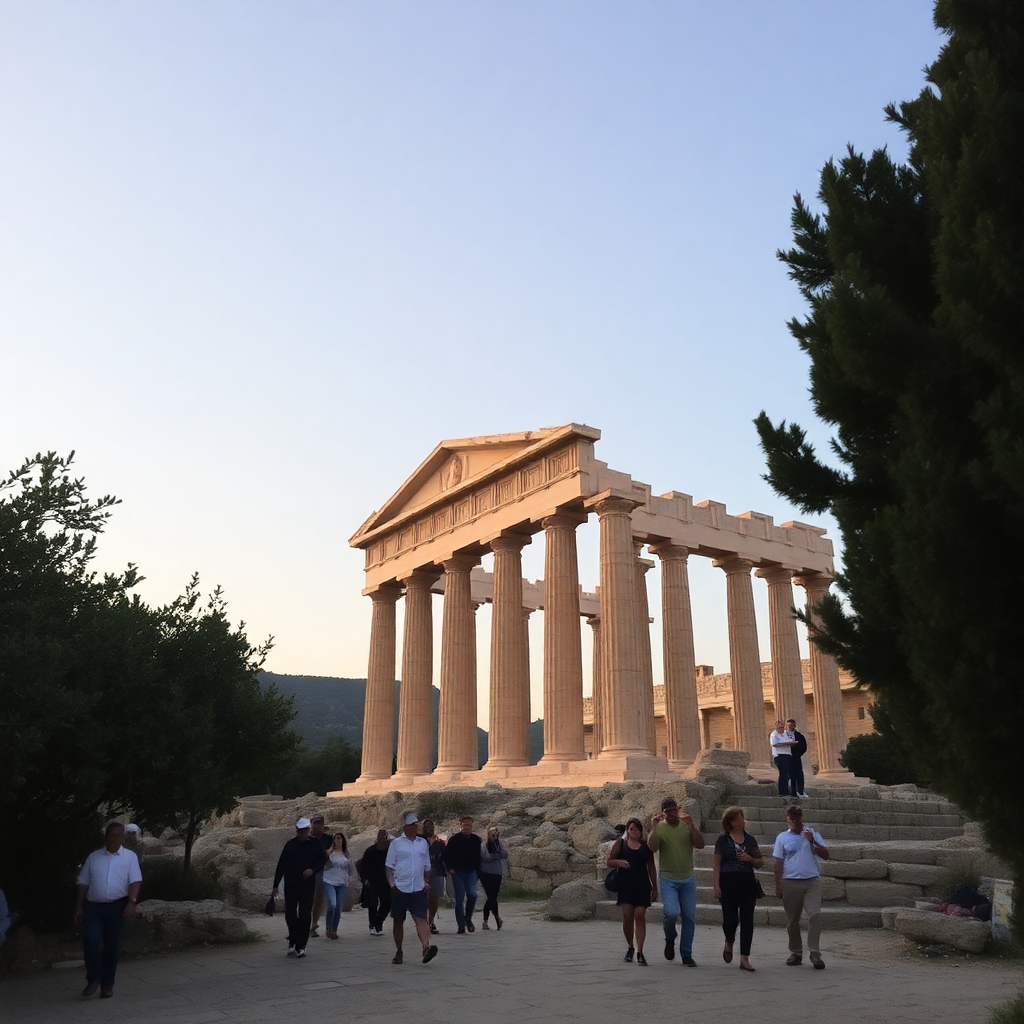What places in Greece are mentioned in the Bible?
The places in Greece mentioned in the Bible—Athens, Corinth, Thessalonica, and Berea—are more than mere geographical locations; they are pivotal in the narrative of early Christianity.
Greece, a nation steeped in history and culture, plays a significant role in the biblical narrative, particularly in the context of the New Testament. Various locations in Greece are not only mentioned but also serve as vital settings for the early Christian church's expansion and the apostolic missions. Exploring these biblical sites gives us a deeper understanding of the historical and spiritual landscape of early Christianity.
Athens: The Philosophical Heart
One of the most prominent cities in Greece mentioned in the Bible is Athens. Known for its rich philosophical heritage, Athens is referenced in Acts 17, where the Apostle Paul delivers a powerful sermon at the Areopagus. This location, a prominent rock outcropping, was a focal point for philosophical discussions and debates among the city's intellectual elite. In his address, Paul skillfully engages with the Athenians, using their own altar to an "Unknown God" as a springboard to introduce them to the God of Christianity. This encounter highlights the cultural and religious diversity of the time, showcasing how the early church sought to connect with various audiences.

Corinth: A City of Commerce
Another significant Greek city mentioned in the Bible is Corinth. Situated on the isthmus connecting the Peloponnesian Peninsula to mainland Greece, Corinth was a bustling center of trade and commerce in the ancient world. The Apostle Paul founded the Corinthian church during his missionary journeys, and the epistles he wrote to the Corinthians—1 and 2 Corinthians—offer invaluable insights into early Christian life and challenges faced by new believers. Paul's letters address issues of divisiveness, moral behavior, and the importance of love, demonstrating the complexities of establishing a community of faith in a diverse and often morally ambiguous environment.
Thessalonica: A Testament of Faith
Thessalonica, another key location in Greece, is notable for its mention in both the Book of Acts and the Pauline epistles. As one of the largest cities in Macedonia, Thessalonica served as an important trade hub and was strategically located along major trade routes. Paul visited Thessalonica during his second missionary journey, preaching in the synagogue and establishing a church. His letters to the Thessalonians—1 and 2 Thessalonians—address both encouragement and concerns about the Second Coming of Christ, reflecting the community's growth in faith and the challenges they faced under persecution. Thessalonica's legacy remains, as the city today is known as Thessaloniki, a vibrant testament to its historical significance.
Berea: The Example of Open-mindedness
Berea, also located in Macedonia, is mentioned in Acts 17 as a place where Paul and Silas preached the Gospel. The Bereans are famously noted for their noble character, as they diligently examined the Scriptures daily to verify Paul’s teachings. This commendation showcases the importance of critical thinking and open-mindedness in matters of faith. The legacy of the Bereans serves as an encouraging model for modern believers, emphasizing the value of seeking truth and understanding in one’s spiritual journey.
Conclusion
The places in Greece mentioned in the Bible—Athens, Corinth, Thessalonica, and Berea—are more than mere geographical locations; they are pivotal in the narrative of early Christianity. Each city contributed uniquely to the spread of the Gospel and the establishment of Christian communities, reflecting the cultural diversity and philosophical richness of the ancient world. As we explore these biblical sites, we gain greater appreciation for the foundational work carried out by the apostles and the enduring impact of their messages that resonate even today.